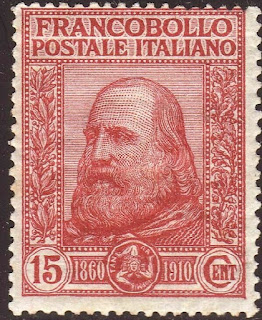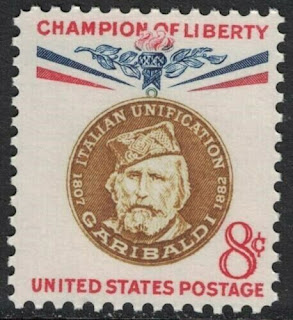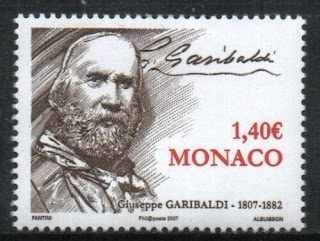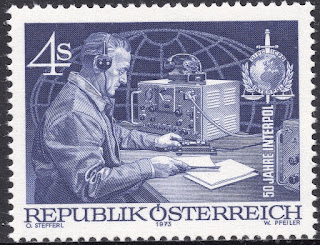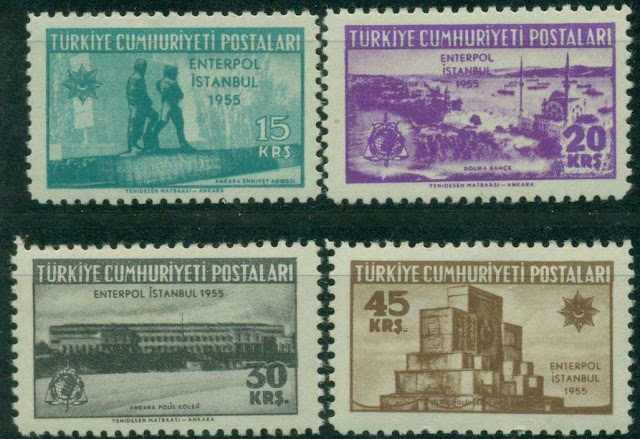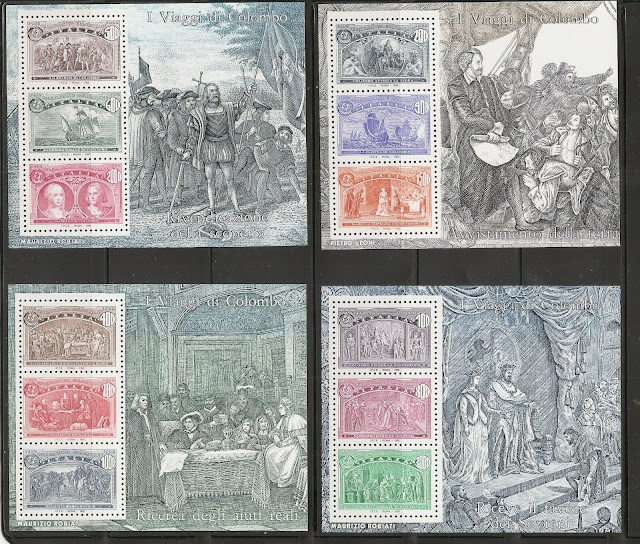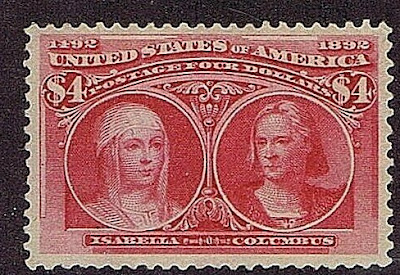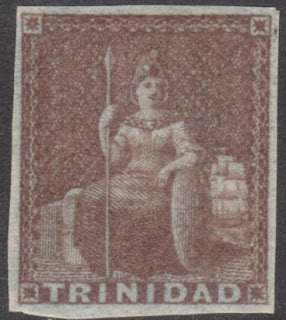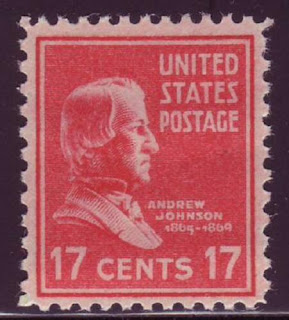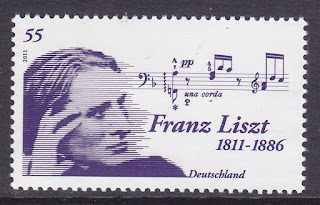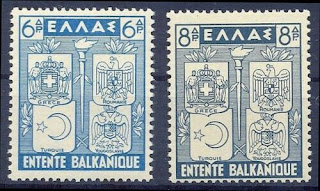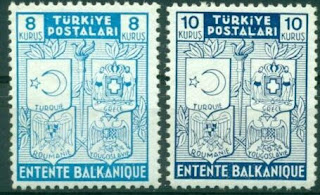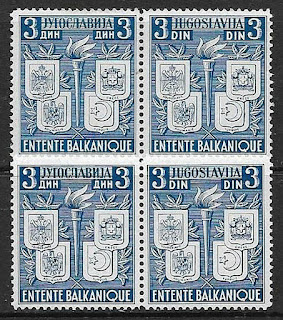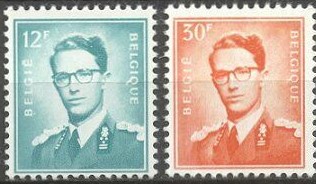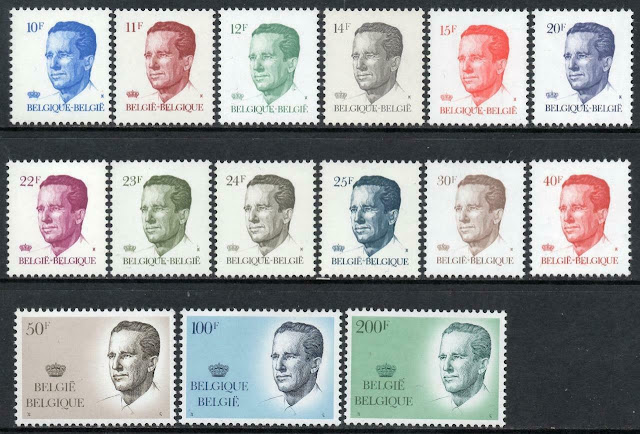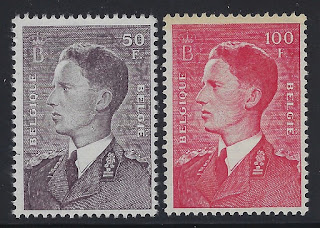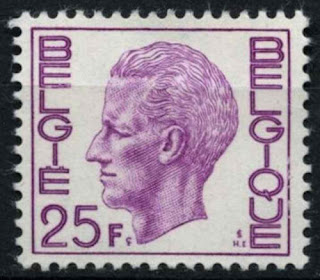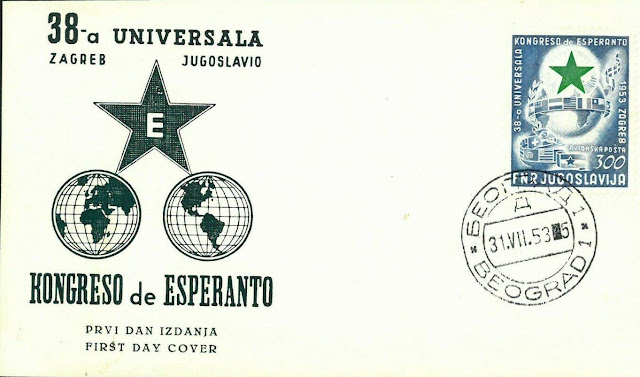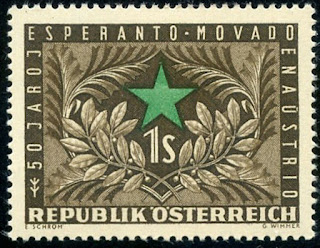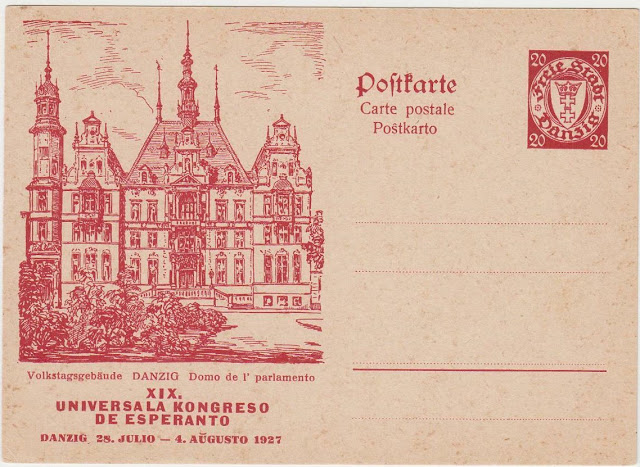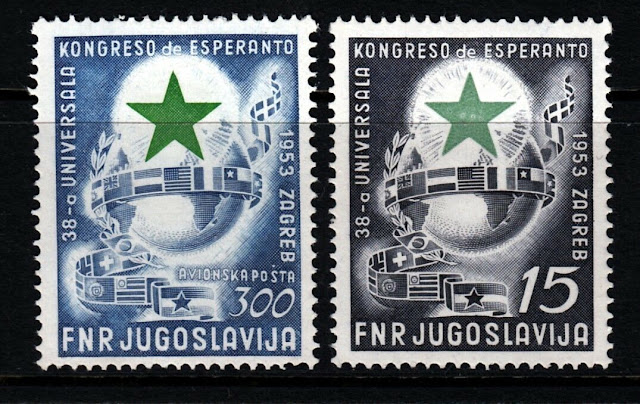Here are some events that happened on July 31st. It could be an event or a person that died or was born on that day
1498 – On his third voyage to the Western Hemisphere, Christopher Columbus becomes the first European to discover the island of Trinidad.
Trinidad is the larger and more populous of the two major islands of Trinidad and Tobago. The island lies 11 km (6.8 mi) off the northeastern coast of Venezuela and sits on the continental shelf of South America. Though geographically part of the South American continent, from a socio-economic standpoint it is often referred to as the southernmost island in the Caribbean. With an area of 4,768 km2 (1,841 sq mi), it is also the fifth largest in the West Indies.
Caribs and Arawaks lived in Trinidad long before Christopher Columbus encountered the islands on his third voyage on 31 July 1498. The island remained Spanish until 1797, but it was largely settled by French colonists from the French Caribbean, especially Martinique. In 1889 the two islands became a single British Crown colony. Trinidad and Tobago obtained self-governance in 1958 and independence from the United Kingdom in 1962
Some stamps from Trinidad as well as stamps depicting Columbus or his voyages
1875 Born: Andrew Johnson, American general and politician, 17th President of the United States (b. 1808)
Andrew Johnson (December 29, 1808 – July 31, 1875) was the 17th president of the United States, serving from 1865 to 1869. He assumed the presidency as he was vice president at the time of the assassination of Abraham Lincoln. Johnson was a Democrat who ran with Lincoln on the National Union ticket, coming to office as the Civil War concluded. He favored quick restoration of the seceded states to the Union without protection for the former slaves. This led to conflict with the Republican-dominated Congress, culminating in his impeachment by the House of Representatives in 1868. He was acquitted in the Senate by one vote. His main accomplishment as president was the Alaska purchase.
Johnson was born in poverty in Raleigh, North Carolina, and never attended school. He was apprenticed as a tailor and worked in several frontier towns before settling in Greeneville, Tennessee. He served as alderman and mayor there before being elected to the Tennessee House of Representatives in 1835. After brief service in the Tennessee Senate, Johnson was elected to the House of Representatives in 1843, where he served five two-year terms. He became governor of Tennessee for four years, and was elected by the legislature to the Senate in 1857. In his congressional service, he sought passage of the Homestead Bill which was enacted soon after he left his Senate seat in 1862. Southern slave states seceded to form the Confederate States of America, including Tennessee, but Johnson remained firmly with the Union. He was the only sitting senator from a Confederate state who did not resign his seat upon learning of his state's secession. In 1862, Lincoln appointed him as military governor of Tennessee after most of it had been retaken. In 1864, Johnson was a logical choice as running mate for Lincoln, who wished to send a message of national unity in his re-election campaign; and became Vice-President after a victorious election in 1864.
Johnson implemented his own form of Presidential Reconstruction, a series of proclamations directing the seceded states to hold conventions and elections to reform their civil governments. Southern states returned many of their old leaders and passed Black Codes to deprive the freedmen of many civil liberties, but Congressional Republicans refused to seat legislators from those states and advanced legislation to overrule the Southern actions. Johnson vetoed their bills, and Congressional Republicans overrode him, setting a pattern for the remainder of his presidency. Johnson opposed the Fourteenth Amendment which gave citizenship to former slaves. In 1866, he went on an unprecedented national tour promoting his executive policies, seeking to break Republican opposition. As the conflict grew between the branches of government, Congress passed the Tenure of Office Act restricting Johnson's ability to fire Cabinet officials. He persisted in trying to dismiss Secretary of War Edwin Stanton, but ended up being impeached by the House of Representatives and narrowly avoided conviction in the Senate. He did not win the 1868 Democratic presidential nomination and left office the following year.
Johnson returned to Tennessee after his presidency and gained some vindication when he was elected to the Senate in 1875, making him the only former president to serve in the Senate. He died five months into his term. Johnson's strong opposition to federally guaranteed rights for black Americans is widely criticized; he is regarded by many historians as one of the worst presidents in American history.
US stamps depicting Andrew Johnson
1886 Died: Franz Liszt, Hungarian pianist, composer, and conductor (b. 1811)
Franz Liszt (22 October 1811 – 31 July 1886) was a Hungarian composer, virtuoso pianist, conductor, music teacher, arranger, and organist of the Romantic era. He was also a writer, a philanthropist, a Hungarian nationalist and a Franciscan tertiary.
Liszt gained renown in Europe during the early nineteenth century for his prodigious virtuosic skill as a pianist. He was a friend, musical promoter and benefactor to many composers of his time, including Frédéric Chopin, Richard Wagner, Hector Berlioz, Robert Schumann, Camille Saint-Saëns, Edvard Grieg, Ole Bull, Joachim Raff, Mikhail Glinka, and Alexander Borodin.
A prolific composer, Liszt was one of the most prominent representatives of the New German School (Neudeutsche Schule). He left behind an extensive and diverse body of work which influenced his forward-looking contemporaries and anticipated 20th-century ideas and trends. Among Liszt's musical contributions were the symphonic poem, developing thematic transformation as part of his experiments in musical form, and radical innovations in harmony.
Stamps from various countries depicting Franz Liszt
1918 Died: Peter Rosegger, Austrian poet and author (b. 1843)
Peter Rosegger (original Roßegger ) (31 July 1843 – 26 June 1918) was an Austrian writer and poet from Krieglach in the province of Styria. He was a son of a mountain farmer and grew up in the woodlands and mountains of Alpl. Rosegger (or Rossegger) went on to become a most prolific poet and author as well as an insightful teacher and visionary.
In his later years, he was honored by officials from various Austrian universities and the city of Graz (the capital of Styria). He was nominated for the Nobel Prize in Literature three times. He was nearly awarded the Nobel Prize in 1913 and is (at least among the people of Styria) something like a national treasure to this day.
1938 – Bulgaria signs a non-aggression pact with Greece and other states of Balkan Antanti (Turkey, Romania, Yugoslavia).
The Salonika Agreement (also called the Thessaloniki Accord) was a treaty signed on 31 July 1938 between Bulgaria on the one hand and the Balkan Entente—the states of Greece, Romania, Turkey and Yugoslavia—on the other. The signatories were, for the former, Prime Minister Georgi Kyoseivanov and, for the latter, in his capacity as President of the Council of the Balkan Entente, Ioannis Metaxas, Prime Minister and Foreign Minister of Greece.
The agreement was the result of the realization by the Entente that Bulgaria alone could not threaten the members of the Entente acting in concert, and that the Bulgarian government desired to follow a policy of peace. There were at least two signs of this. A protocol signed at Belgrade on 17 March 1934 by the Balkan Entente was published privately in May, revealing that the members had plans to jointly occupy Bulgaria if efforts to suppress terrorist organizations operating out of her territory were not successful. The new Bulgarian government of Kimon Georgiev, coming to power on 19 May, responded to the private revelation by clamping down on the Internal Macedonian Revolutionary Organization. Then, on 24 January 1937, Bulgaria concluded a treaty of eternal friendship with Yugoslavia, which was approved by the other members of the Entente. (Initially Greece was very hostile.) In November 1936, the chiefs of staff of the four Balkan powers signed a draft military alliance, which was subsequently confirmed as an integral part of the Balkan Pact at the meeting of the Balkan Council on 15–18 February 1937.
The agreement removed the arms restrictions placed on Bulgaria after World War I by the Treaty of Neuilly-sur-Seine, and allowed her to occupy the demilitarised zone bordering Greece. The demilitarised zones along the Turkish borders with Bulgaria and Greece, a result of the Treaty of Lausanne, were also abandoned. All the parties committed to a policy of non-aggression, but Bulgaria was not forced to abandon her territorial revisionism.
Stamps issued by the four Balkan Entente countries
1993 Died: Baudouin, King of Belgium (b. 1930)
Baudouin (Dutch: Boudewijn, German: Balduin; 7 September 1930 – 31 July 1993) was the King of the Belgians, following his father's abdication, from 1951 until his death in 1993. He was the last Belgian king to be sovereign of the Congo.
He was the elder son of King Leopold III (1901–83) and his first wife, Princess Astrid of Sweden (1905–35). Because he and his wife, Queen Fabiola, had no children, at Baudouin's death the crown passed to his younger brother, Albert II.
Some Belgian stamps depicting King Baudouin








